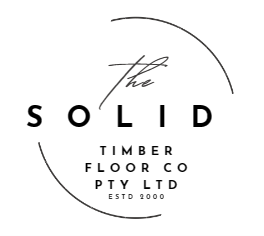Our Floorboard Types
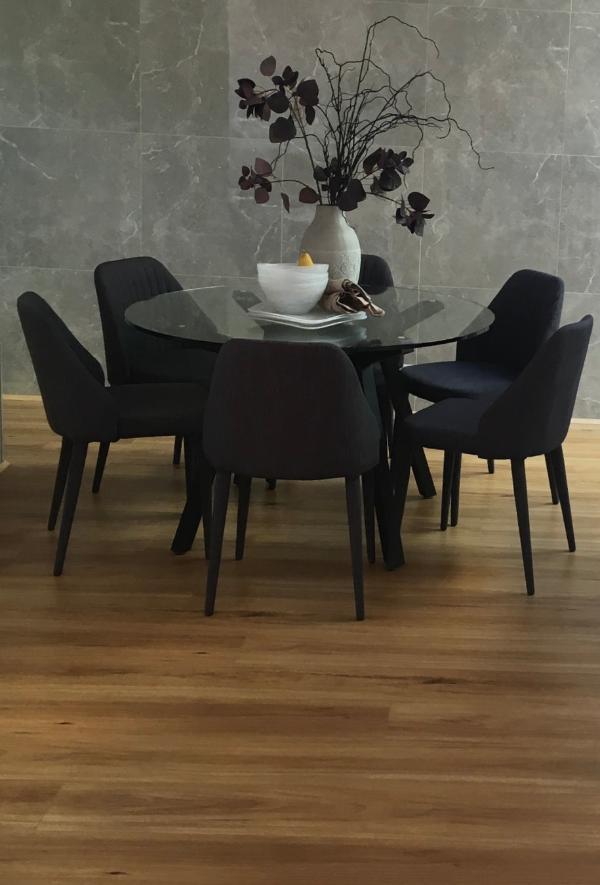
Engineered Boards
Without question the most in demand floorboards amongst homeowners and interior designers today. Enjoy a floor that looks and feels like real timber. Select from a wide variety of timber species, finishes and grades. Engineered flooring provides a hard-wearing surface that is both durable and stylished.
Why Popular:
- Affordability: More cost-effective than solid timber while maintaining a similar appearance.
- Stability: Less prone to warping or shrinking due to their multi-layered construction, making them ideal for varying Australian climates.
- Easy Installation: Often available with click-lock systems for quick installation.
- Eco-Friendly: Use less hardwood compared to solid timber.
Strengths: Resembles solid hardwood but more affordable, resistant to moisture and temperature changes, easy to install.
Weaknesses: Limited refinishing potential, not as durable as solid hardwood, quality varies between brands.
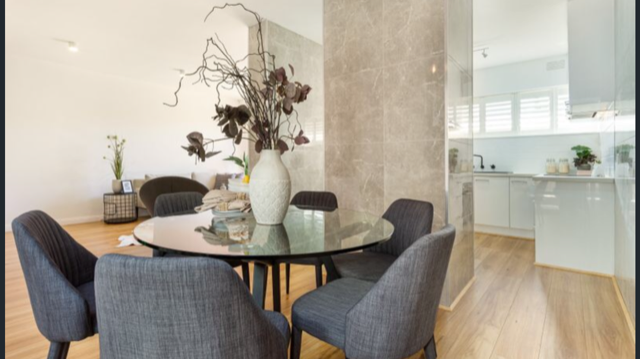
Timber (Solid Hardwood) Floorboards
If longevity is your top priority, you can't go past real solid timber floor boards. Enjoy the natural textures of real solid timber. Choose from a wide range of timber species and finishes. Rest easy knowing your floor can be sanded and refinished during its lifetime.
Common Types: Spotted Gum, Blackbutt, Jarrah, and Tasmanian Oak
Why Popular:
Durability: Known for their long lifespan, they can be sanded and refinished multiple times.
Aesthetics: Provide a natural and luxurious appearance with rich grain patterns.
Local Availability: Many species are native to Australia, offering sustainability and regional character.
Insulation: Offer good thermal and acoustic insulation.
Strengths: Timeless aesthetic, durable, can be sanded and refinished multiple times, increases property value.
Weaknesses: Expensive, susceptible to moisture damage, requires regular maintenance, can warp in high humidity.
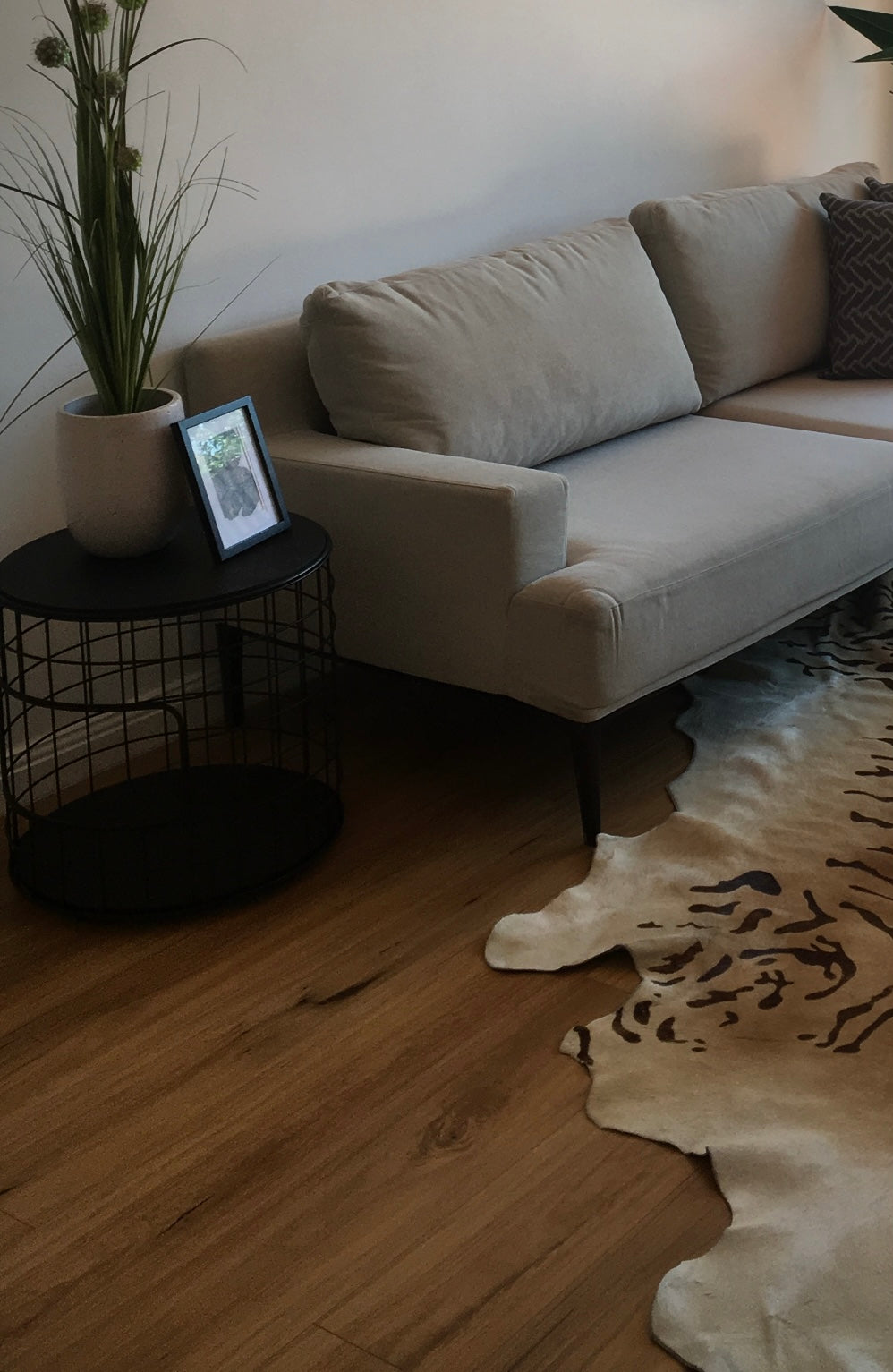
Laminate Flooring
Laminate floorboards are extremely hard wearing and scratch resistant, perfect for those high traffic areas. The economical choice for those looking for a luxury finish without the price tag.
Why Popular:
- Cost-Effective: A budget-friendly alternative to timber and engineered boards.
- Wide Range of Styles: Mimics the appearance of wood, stone, or tile with a protective layer to resist wear.
- Durability: Scratch-resistant and suitable for high-traffic areas.
- Ease of Maintenance: Requires minimal upkeep and is easy to clean.
Strengths: Affordable, scratch-resistant, easy to maintain, available in a wide variety of designs mimicking wood or stone.
Weaknesses: Susceptible to water damage, cannot be refinished, feels less natural underfoot.

Vinyl Plank Flooring
Vinyl plank flooring isa type of flooring made from multiple layers of vinyl that imitates the look and feel of wood or stone.
Vinyl plank flooring is made of multiple layers, with an outer layer composed of PVC plastic and a core made from foam or similar material. Though not as soft and comfortable as carpet, vinyl planks are softer underfoot and are more comfortable to walk on compared to tile and hardwood flooring.
Why Popular:
- Waterproof: Ideal for wet areas such as kitchens, bathrooms, and laundries.
- Versatile Design: Offers a range of finishes that resemble wood or stone.
- Durability: Highly resistant to scratches, dents, and moisture.
- Comfort: Softer underfoot compared to timber or laminate.
Strengths: Waterproof, highly durable, soft underfoot, affordable, wide range of designs, low maintenance.
Weaknesses: Can be prone to fading under direct sunlight,
lower perceived luxury compared to timber, some options may emit VOCs.
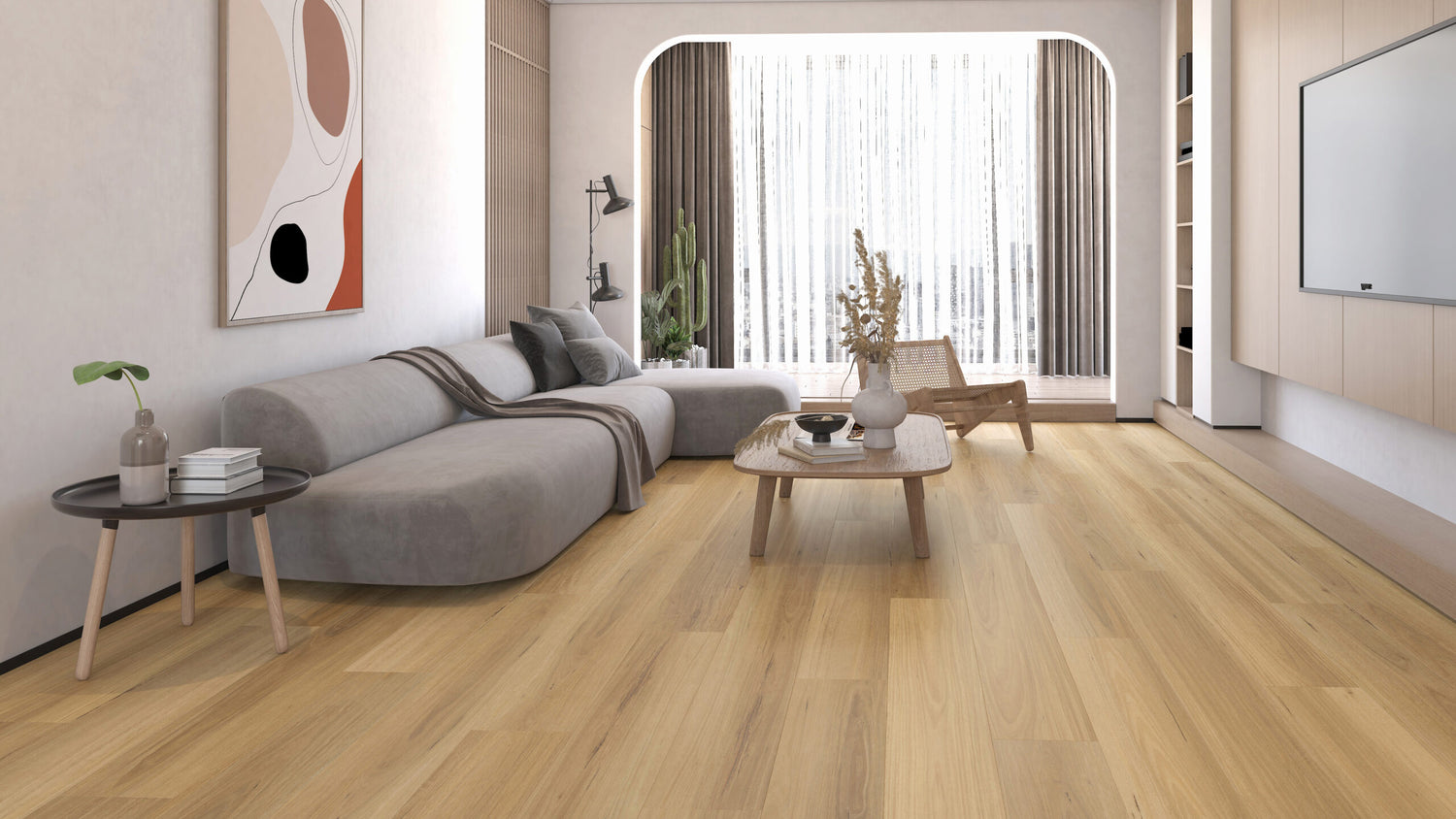
Hybrid
100% man-made flooring product that is both scratch and moisture resistant.
Why Popular:
- All-in-One Solution: Combines the durability of laminate and the waterproof qualities of vinyl.
- Temperature Stability: Designed for Australia’s extreme weather conditions, with minimal expansion and contraction.
- Low Maintenance: Scratch, stain, and water-resistant, making it perfect for families and pet owners.
- Easy Installation: Often features click-lock systems for DIY installation.
Strengths: Combines the strengths of vinyl and laminate, waterproof, highly durable, stable in varying conditions, easy to install.
Weaknesses: Slightly more expensive than laminate and vinyl, fewer premium design options compared to solid or engineered wood.
Understanding Engineered Timber
1. What is engineered timber?
2. What is engineered timber flooring?
3. How does engineered timber compare to other flooring types?
Caring for Your Timber Floor
Many of our clients have questions about the care of their new and refurbished timber floors.
We have compiled a number of tips covering the cleaning, polishing and even mopping of your floors.
We hope you find them useful.
